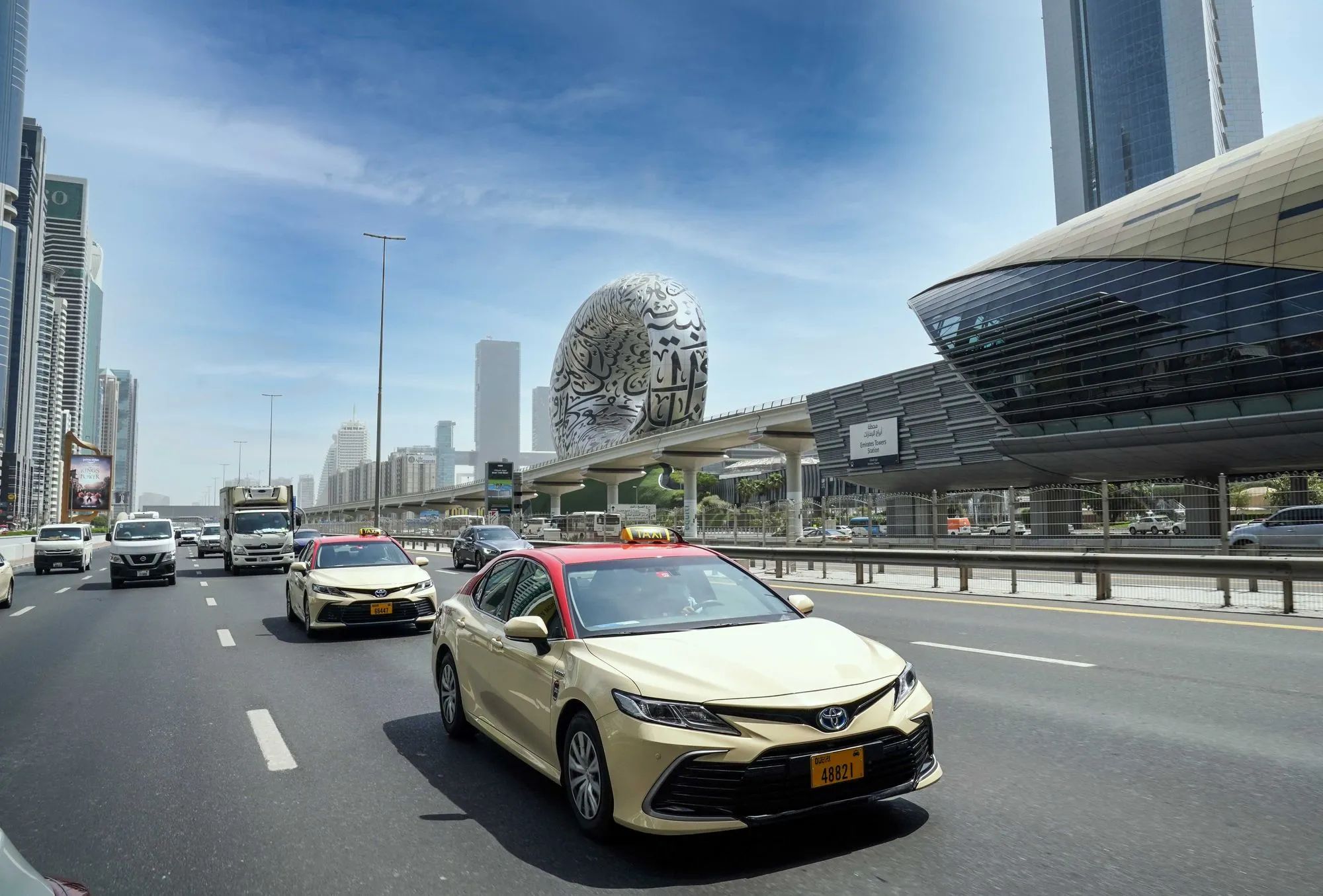The London Taxi Company has unveiled its new London taxi, the TX, and its eCity technology comprising of an advanced battery electric powertrain with a small petrol generator.
July 14, 2017
Read time: 1 min
The London Taxi Company has unveiled its new London taxi, the TX, and its eCity technology comprising of an advanced battery electric powertrain with a small petrol generator. Applied to the all-new electric TX, the technology allows for a range of over 400 miles including well over 70 miles range with zero emissions.
The company is rebranding as the London Electric Vehicle Company (LEVC) in order to export the new taxi.
Due to launch in London later this year, LEVC is finalising its quality and testing regime for the TX which has taken it to the extreme heat of the Arizona desert and freezing temperatures in the Arctic Circle. LEVC expects strong demand from its launch market in London once the order book opens on 1 August 2017.










